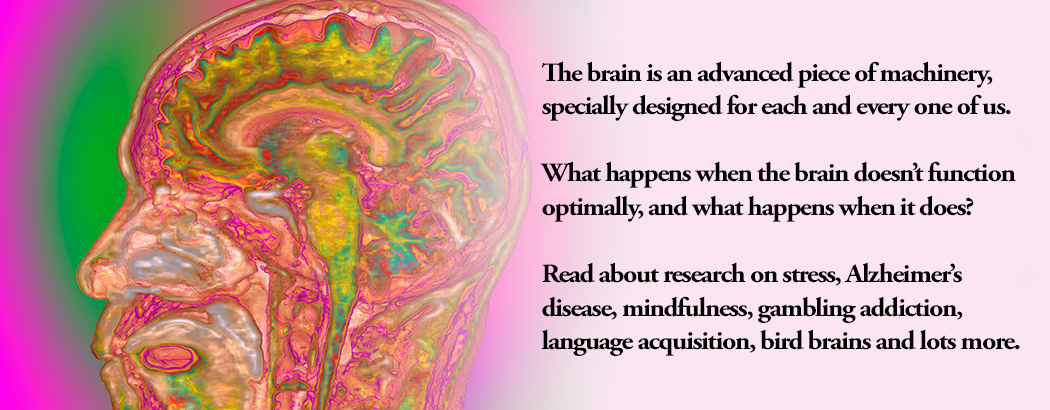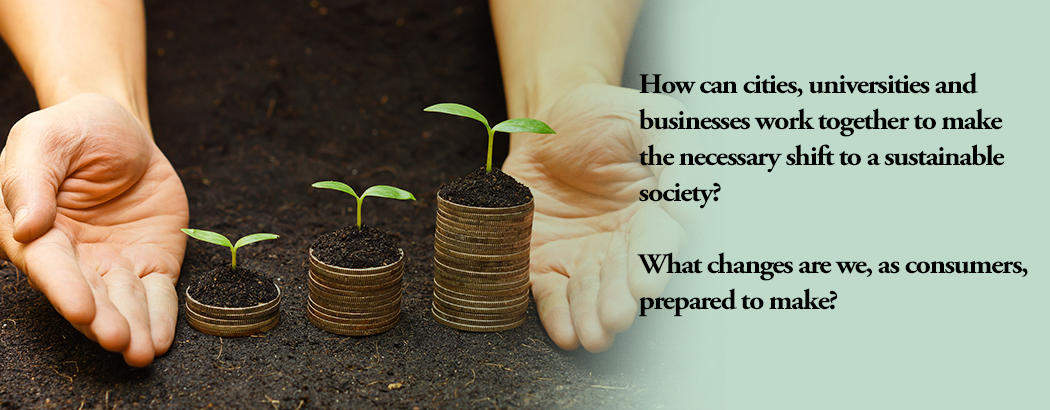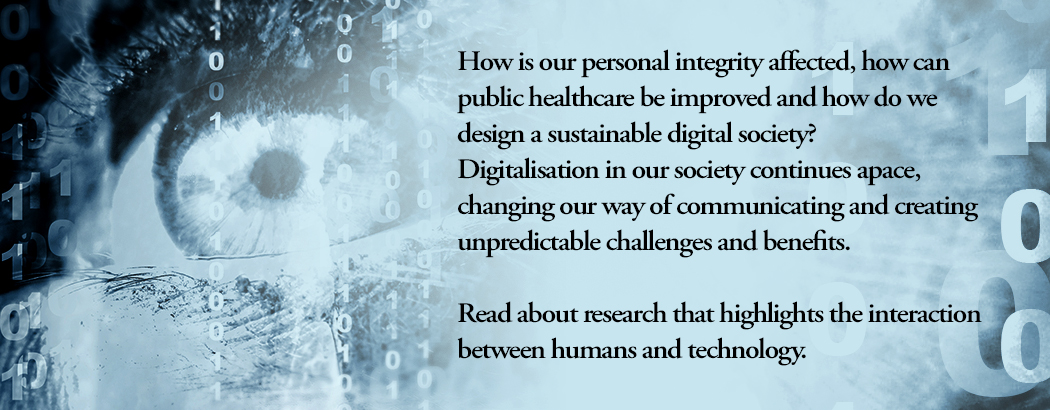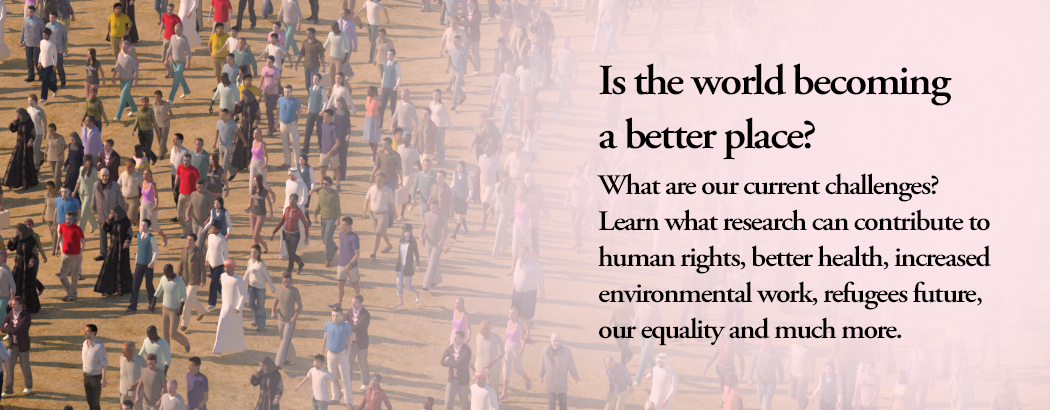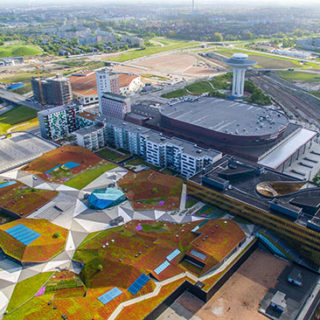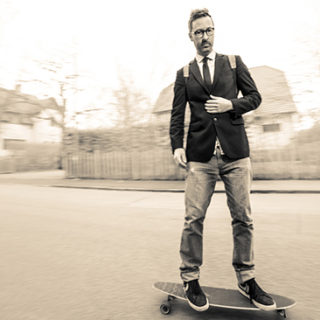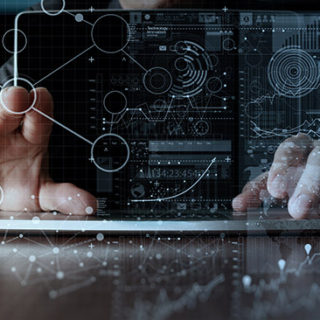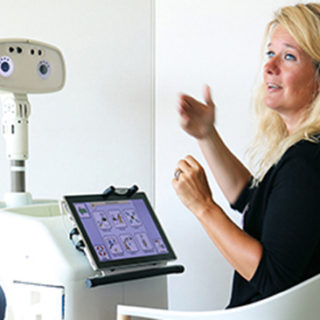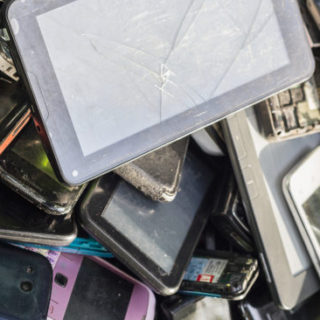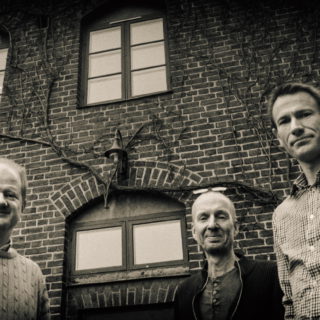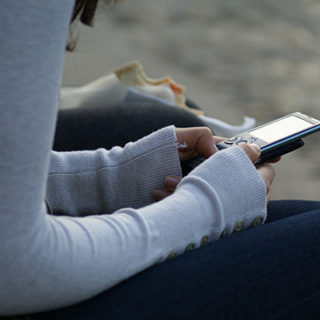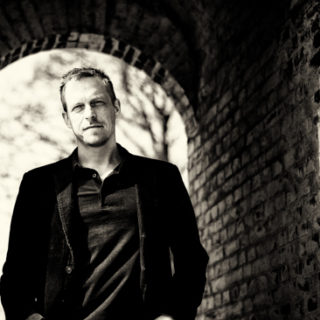Category: Science & technology
The Governance of Urban Sustainability Transitions (GUST) research project is soon coming to an end. It has explored the concept of Urban Living Labs, and has involved four research organisations and cities in Sweden, the UK, Austria and the Netherlands. One outcome from the project will be a handbook full...
Our internet presence generates a large amount of information. What happens to personal integrity in the wake of the digitalisation of society? How conscious are we that much of what we do on smartphones and on the internet is registered by major companies like Apple and Google who then sell...
The only limit to what robots can do is our imagination. But in order to make it real, we need knowledge and inspiration from many different areas. What do we need to know, for instance, in order to design a smart robot that can help in emergencies or perform heavy...
How is digital technology affecting our work situation? Is digital technology helping or hindering our work performance? Could data collected about work tasks pave the way for a return to an older style of managerial practice? These are some of the questions discussed by researchers involved in the research theme...
The majority of today’s digital teaching tools do not measure up. They have great potential but better coordination and innovative thinking are required, with researchers, teachers and pupils collaborating in their development. Moreover, support for control and review of the range on offer needs to be a national responsibility, according...
Chronicle: By discussing how we can achieve more sustainable solutions for our digital networks, IT researcher Anders J Johansson puts his finger on an important issue. How can we design our gadgets so that they can be repaired or used in new ways? The wear-and-tear mentality of today needs to...
Our increasingly aging population makes it necessary to find new ways to work with home care, and robotics can be one of them, argues Susanne Frennert, who recently defended her thesis in rehabilitation engineering at the Department of Design Sciences at the Lund University Faculty of Engineering (LTH). She has...
Up to 41 million tonnes of e-waste from goods such as computers and mobile phones are generated by the electronics industry every year, according to the United Nations Environment Programme. 60 – 90 % of this e-waste is illegally traded or dumped – accounting for a large portion of the...
A smart society is starting to emerge around us with new interconnecting requirements for our use of resources not to compromise sustainability in ecosystems. Nowadays, Geographical Information Systems (GIS) are an obvious tool within widely diverging fields, such as urban planning, prospecting, research, mapping, etc. Historically, GIS has been associated...


